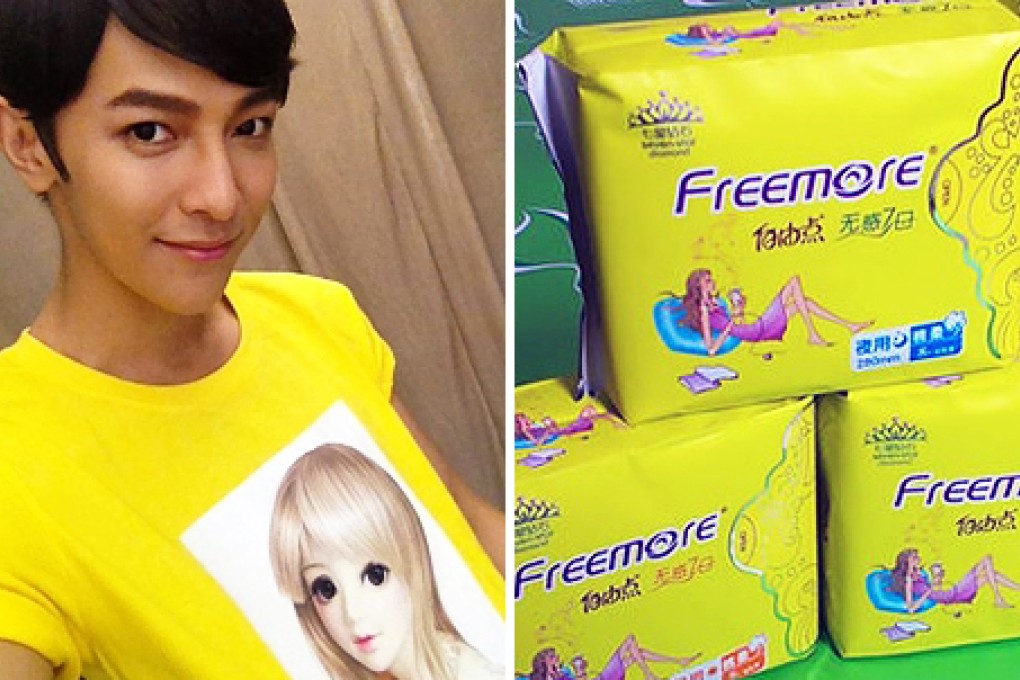An end to men selling sanitary pads? China’s celebrities may soon have to try products they endorse
A new amendment pushes for stricter regulations on celebrity endorsements

China’s celebrities may need to begin actually trying the products they endorse if a new amendment to the mainland’s advertising laws is successfully passed.
A revised draft of China’s advertising law was submitted to the National People's Congress Standing Committee on Monday, state media reported.
The draft includes new guidelines for adverts in the mainland, and the biggest stipulation, designed to “stop false advertising,” says that celebrities must first try products before promoting them, or risk fines.

China’s outspoken online community instantly began speculating on the amusing connotations behind these new guidelines, particularly for male celebrities who had appeared in commercials for female-orientated products.
“I’ve seen male celebrities endorse things like bras, lingerie and female body wash!” one commentator on Chinese social media network Weibo wrote. “I even remember seeing one guy endorse sanitary pads!”
The “one guy” in question is Taiwanese actor Jiro Wang, who has appeared in advertisements for Freemore sanitary napkins in the past.